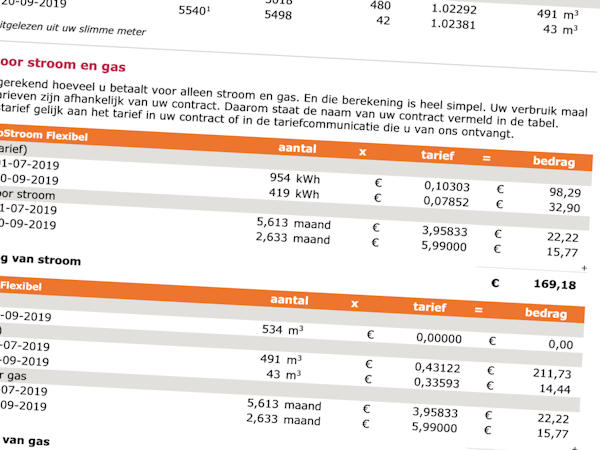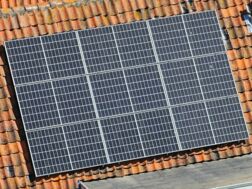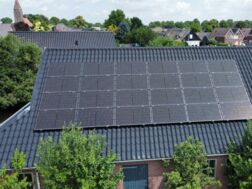Gas and energy prices in the Netherlands have risen sharply recently, rising nearly 25 % on a single day, with traders paying around €33 for a megawatt hour. Despite this increase, the cost of gas is significantly lower than last year, when prices were often above €100. This has resulted in lower energy bills for consumers.
As gas prices fall, Dutch people are increasingly signing energy contracts where tariffs are fixed for more extended periods of time. This can be seen in the increased number of annual contracts. Fixed contracts used to be unavailable during the energy crisis, but they have been offered again in recent months as gas and electricity prices have fallen significantly.
The fall in energy prices has also reduced monthly energy bills for many Dutch people. According to an analysis by ING, energy bills are now, on average, €30 lower than during the peak in December. Consumers' tariffs are expected to fall further and increasingly below the price cap.
Energy prices are falling, and fixed contracts are back, but solar panel owners should also pay attention to feed-in compensation. Previously, the compensation for extra kilowatt hours of electricity generated was often directly linked to the price one paid for electricity consumption. But recently, this is no longer the case. Energy suppliers have chosen to offer a lower fixed amount, which is no longer directly linked to electricity tariffs. The result is that solar panel owners now get back about 9 cents per kilowatt-hour on average, although rates vary widely. Choosing an energy supplier with a favourable fee can quickly yield significant savings.
Generated solar power can still be netted as much as possible, but this will change. The Dutch cabinet plans to make net metering impossible from 2025 to 2031. Energy minister Rob Jetten proposes that the feed-in compensation will be at least 80 per cent of the electricity tariff. This is considerably higher than the current fee.





